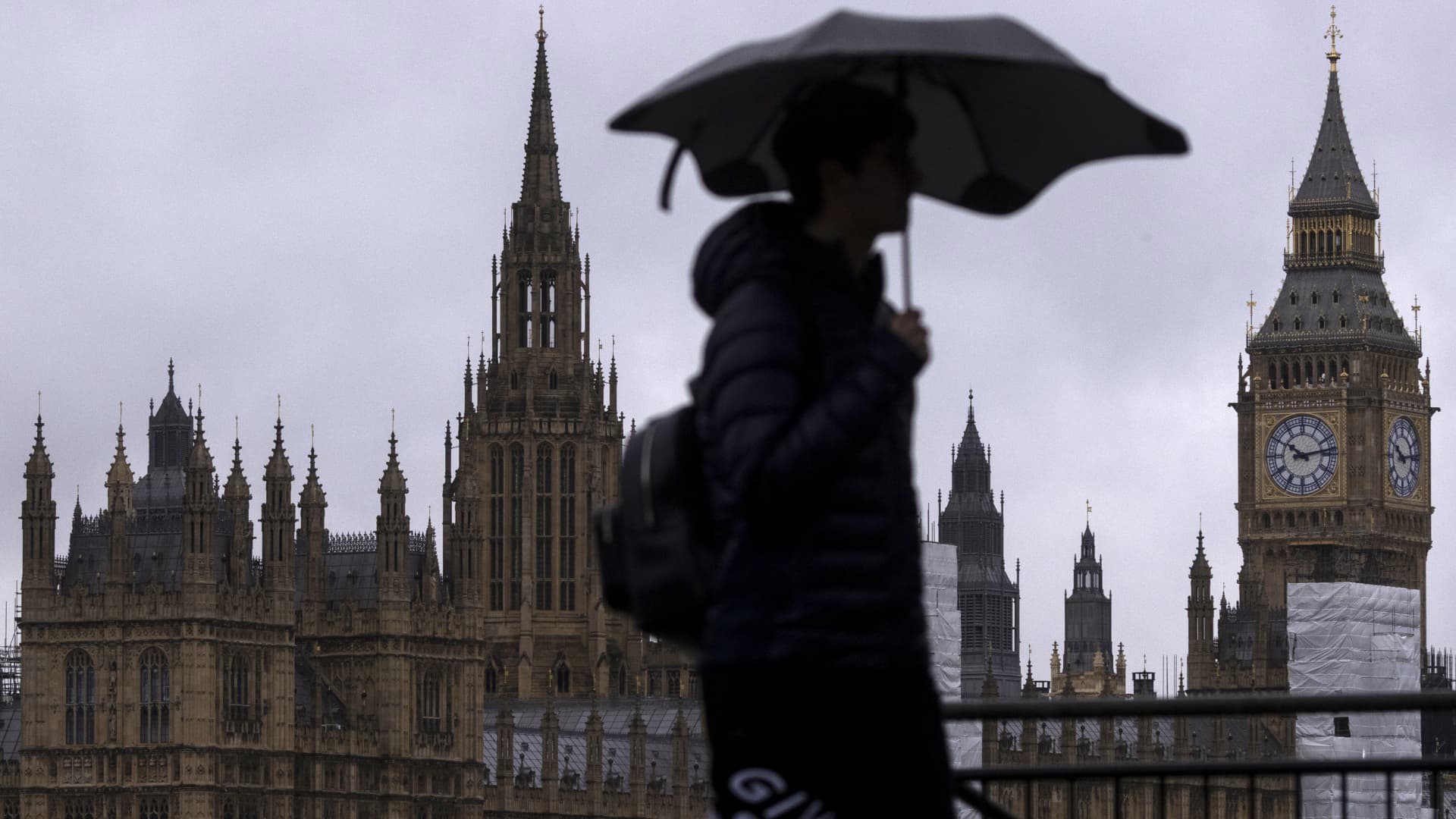LONDON — The U.K. on Thursday accused Russia of conducting a years-long “campaign of malicious cyber activity” against politicians, civil servants and journalists aimed at undermining British democracy.
Britain’s National Cyber Security Centre — part of GCHQ, the country’s intelligence agency — said in a report that Russian spies had been running the cyber campaign against high-profile British individuals and entities since at least 2015 through to this year, targeting several pivotal U.K. political events.
The hacking group responsible was identified as Star Blizzard, which GCHQ said is “almost certainly” part of Moscow’s Federal Security Service (FSB) spy agency.
Russia’s Ministry for Foreign Affairs did not immediately respond to CNBC’s request for comment on the report.
Included in the claims of malicious activity were attacks against U.K. politicians, including via phishing emails, as well as the targeting of universities, journalists, public sector bodies and non-government organizations, “many of whom play a key role in U.K. democracy,” the report said.
The NCSC also said the spy group had leaked U.K.-U.S. trade documents ahead of the 2019 U.K. general election, and hacked documents from U.K. think tanks whose work included the defense of democracy against disinformation.
U.K. Foreign Secretary David Cameron described the attempts to interfere in U.K. politics as “completely unacceptable.”
The NCSC said the findings exposed part of a “broader pattern of cyber activity” conducted by Russian intelligence across the globe.
In response, the U.K. and international allies including the U.S., Australia, Canada and New Zealand, issued a new cyber security advisory Thursday aimed at sharing technical details about how hackers carry out attacks and how targets can defend against them.
It also published fresh guidance for individuals at higher risk of being targeted by cyberattacks.
The report comes ahead of the U.K.’s next general election, due to be called before January 2025, and in the wake of Britain’s 2016 Brexit vote.
Evidence thus far has been inconclusive that the Kremlin directly meddled in the Brexit vote — though a 2020 report found that was due in part to a lack of thorough assessment by the U.K. government.





